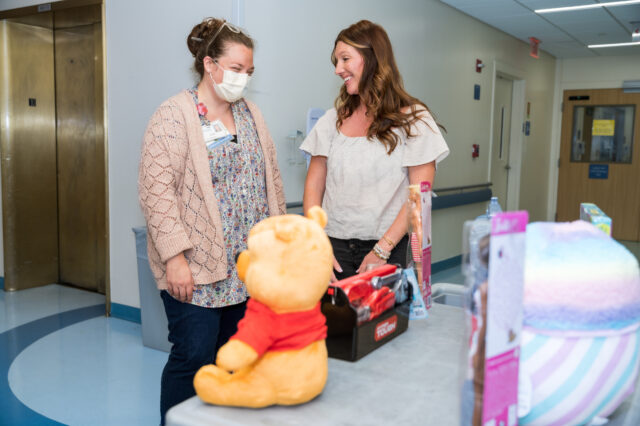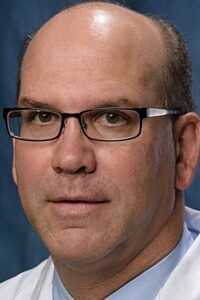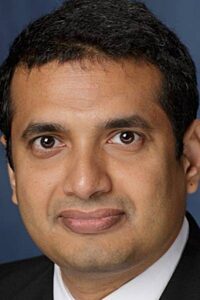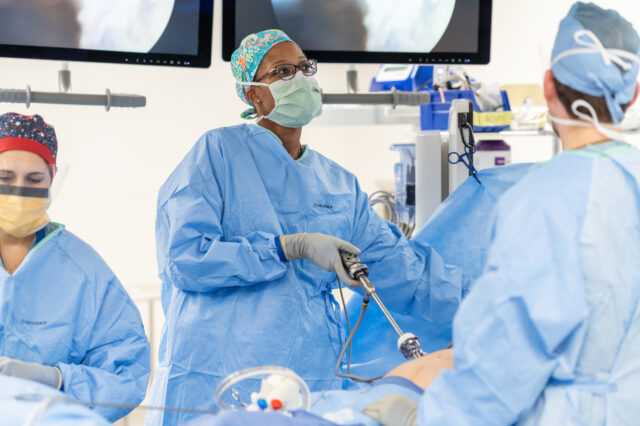Couple gives back to show appreciation for doctors and nurses of Congenital Heart Center
Followed by a rolling cart loaded with bags of stuffed animals, dolls, books and more, Jacob and Donyia Sameck easily navigated the familiar hallways of UF…

Update your location to show providers, locations, and services closest to you.

Pregnancy and parenthood are joyful occasions. It’s only natural to wish for your baby to be healthy. Most obstetricians and family doctors perform routine screenings on unborn babies to ensure everything is developing normally. This includes one or more ultrasounds and fetal echocardiograms. The UF Health Congenital Heart Center and UF Health Shands Children’s Hospital offer these services.


Excellent care is at the heart of what we do, that’s why UF Health Shands Children’s Hospital is named as one of the nation’s best pediatric cardiology and heart surgery specialty programs, according to the 2023-24 U.S. News & World Report Rankings.





Want to know more? Check out our Patient Education section for more information.
Our community and patient programs provide great value to patients, families and loved ones. People can find support, educational materials, expert consultants and more. In most instances, these programs are offered free of charge.
Provides hope and support to families of children with congenital heart disorders.
Offer counseling, planning and other assistance to all pediatric patients.
Followed by a rolling cart loaded with bags of stuffed animals, dolls, books and more, Jacob and Donyia Sameck easily navigated the familiar hallways of UF…

September is Women in Medicine Month, a time to recognize the barrier-breaking female physicians, residents, staff and students of the past and present that…
